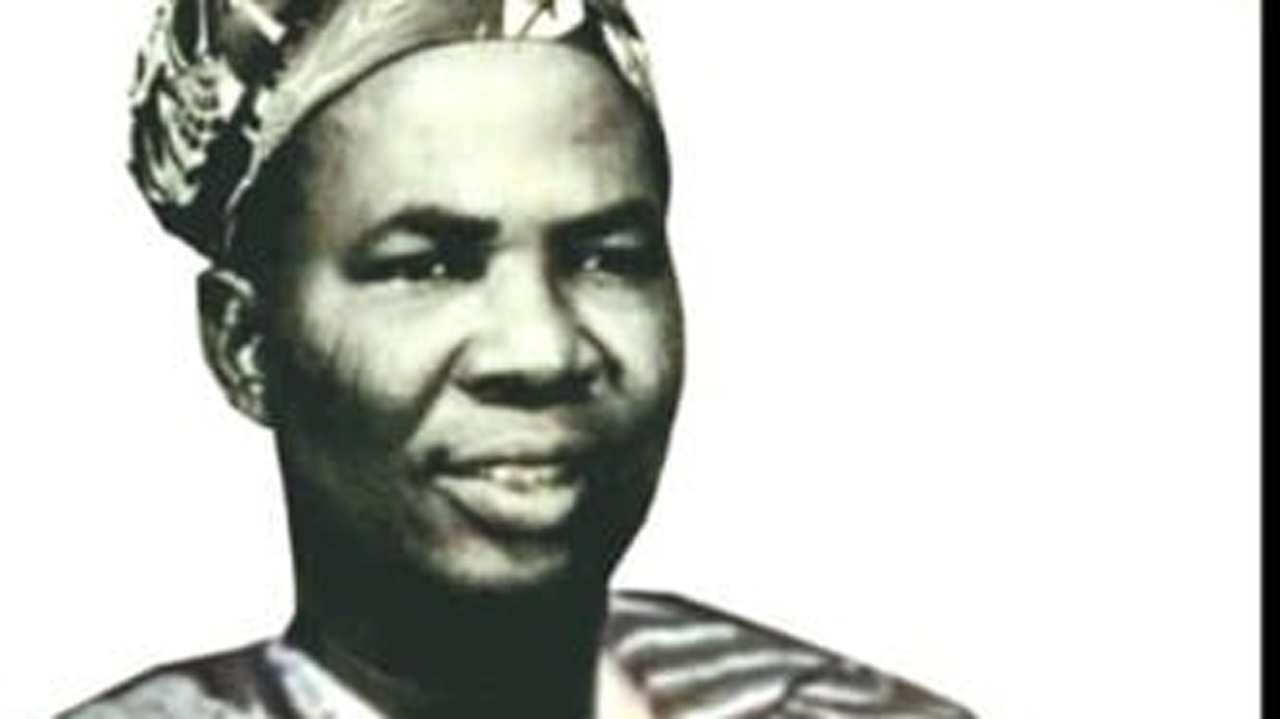
Speaker optimistic tax reform will support investment
The Federal Government is targeting to raise N450 billion from its January 2015 bond auction scheduled to open on Monday, January 27.
Also, the Deputy Speaker, House of Representatives, Benjamin Kalu, said the major aim of the tax reform bills was to raise the revenue profile of the country and support investments both locally and internationally.
The Debt Management Office (DMO), which announced the bond auction, said the move was in line with the strategic plan of the government to address a projected budget deficit of N13.08 trillion in 2025, equivalent to 3.87 per cent of the country’s Gross Domestic Product (GDP).
It said the bonds would serve as a key tool for financing critical infrastructure and tackling fiscal gaps.
The January 2025 bond auction includes three categories of bonds. The first is a five-year bond with a 19.30 per cent coupon rate, originally issued in April 2029, and the government plans to raise N100 billion from this reopening.
The second offering is a seven-year bond, first issued in February 2031, with 18.50 per cent coupon rate, through which the government aims to secure N150 billion.
Last, the auction includes a new issuance of a 10-year bond, the FGN January 2035 bond, targeting N200 billion. These bonds collectively form a substantial component of the government’s domestic borrowing strategy.
The Federal Government borrowed an estimated N5.84 trillion from the FGN bond market in 2024 in a move to bridge its 2024 budget deficit.
However, the figures represent a 0.17 per cent decline when compared to the N5.85 trillion borrowed in 2023 through DMO.
Total subscription to FGN bonds was N7.09 trillion in 2024 despite a total offer of N5.72 trillion.
Some experts have raised concerns over the Federal Government’s excessive bond issuance, which they said could increase the country’s debt burden, making it challenging to service the debt in the long run. They also said the government should exercise restraint in its bond issuance to avoid crowding out private sector borrowing, increasing debt servicing costs, and potentially destabilising the economy.
The DMO reported that the heavy domestic borrowings by the Federal Government through savings bond issuance helped push up Nigeria’s total public debt in the third quarter of 2024 from N134.3 trillion to N142.3 trillion.
It said the Federal Government accounted for the bulk of domestic debt, which rose from N66.96 trillion in June to N69.22 trillion by September.
SPEAKING during a meeting on UK-Nigeria Strategic Dialogue with the Deputy Leader, House of Lords and United Kingdom Minister of African Affairs, Lord Collins of Highbury, on Wednesday, in London, Kalu said the existing tax laws were obsolete and needed to be tweaked and streamlined in line with the global best practices and standards.
The National Assembly is considering a couple of bills aimed at reforming the fiscal climate for which the Federal Government is engaging the stakeholders to get their input.
The bills included the Nigeria Revenue Service (Establishment) Bill, the Nigeria Tax Bill, the Nigeria Tax Administration Bill, and the Joint Revenue Board (Establishment) Bill.
Kalu, who described Nigeria as the right destination for investments, called on the UK business and the international community to increase their investment ratio in the country.
He said: “Our tax laws have been obsolete. So, what we are trying to do now is to streamline them in line with global best practices.
“The aim is to drive revenue and also support some of the investors who have irregular tax laws affecting their revenue, streamlining them to know what they are paying for; not multiple taxation on the same issues.”
Highlighting the legislative agenda of the 10th House of Representatives, the Deputy Speaker said that the Parliament prioritised national security, law reforms, economic growth and development, social sector reforms and development, inclusion and open parliament, foreign policy, climate change and environmental sustainability for improvement.
After Lord Collins intoned, “I think your approach is a correct one. The focus on peace and progress is key. What you are advocating is right,” Kalu said the intervention was necessary to help restore peace in the South East.
He said the Leader of the Indigenous People of Biafra (IPOB), Nnamdi Kanu, also subscribed to peace.
Kalu, however, stated that frantic efforts were being made to release Kanu from detention.
“To achieve the peace we are looking for in that South Eastern region, we have to bring Nnamdi Kanu out of incarceration because a lot of criminals are leveraging his incarceration as a reason to commit various heinous crimes and we cannot continue to allow that.
“While he is in court, what some of us have done has been to look for a political approach towards the resolution of the problem by appealing to the President because you can’t coerce the President; you can’t force him. We want to use that approach to achieve peace in that area and the President we have is a listening President. He is not averse to it.”
In a similar meeting with the Commonwealth Parliamentary Association (CPA) led by Kate Osamor at Westminster on the sidelines of the UK-Nigeria Strategic Dialogue, Kalu also urged the UK Parliament to continue supporting the advancement of democracy in Nigeria.






